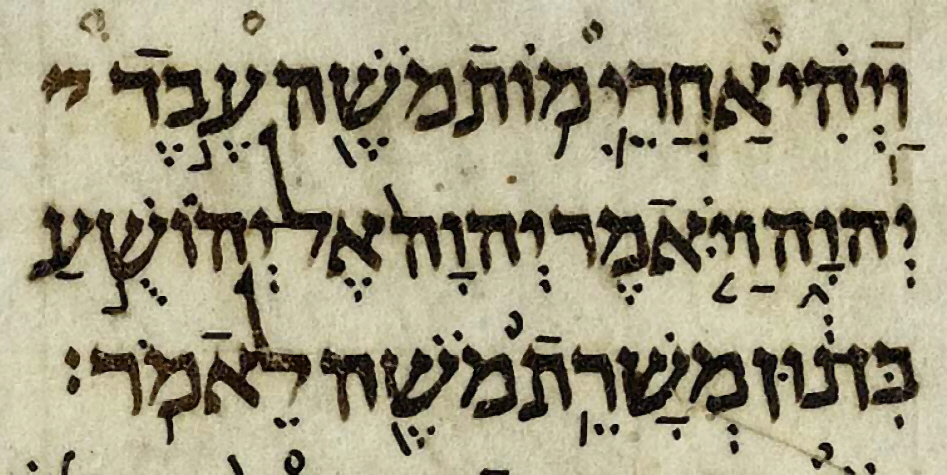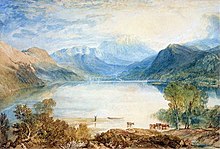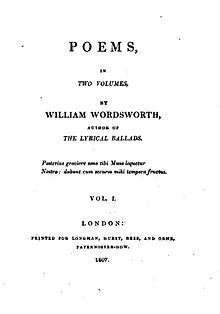
Unacquainted tones
Unfamiliar light
Artist steps off
Free flight
Cannot breath
Need reprieve
Needle pricks
And stitches
Cries embrace
A weeping face
Rhythms meeting
And leaving
Stinging pains
Painted stains
Crashing waves
And heart songs
Words jumbled
Phrases crumbled
Lost and blocked
In swelling sea
Unfamiliar light
Artist steps off
Free flight
Cannot breath
Need reprieve
Needle pricks
And stitches
Cries embrace
A weeping face
Rhythms meeting
And leaving
Stinging pains
Painted stains
Crashing waves
And heart songs
Words jumbled
Phrases crumbled
Lost and blocked
In swelling sea














